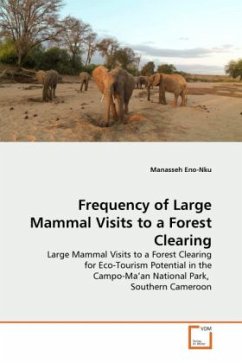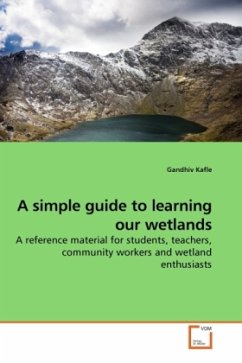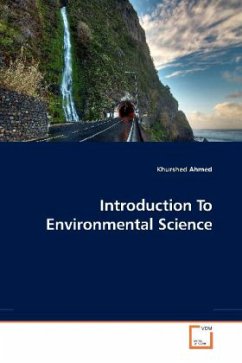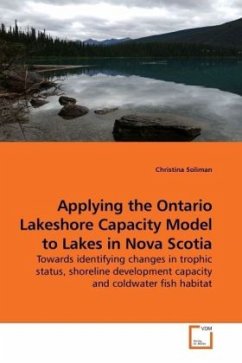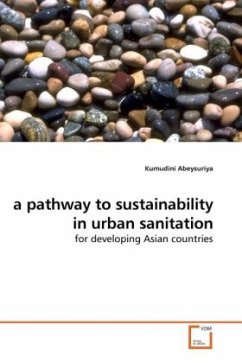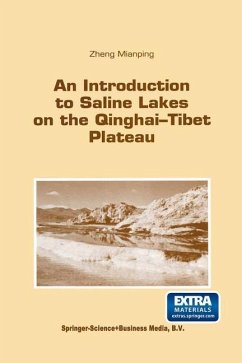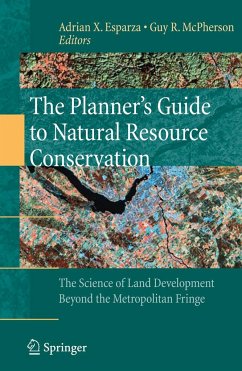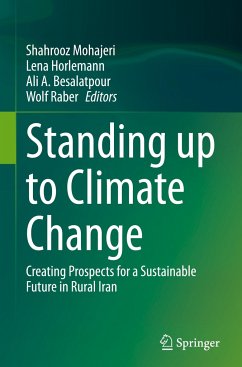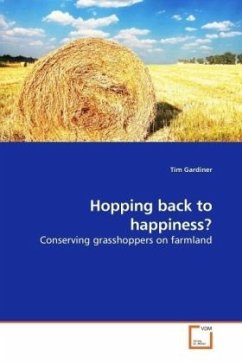
Hopping back to happiness?
Conserving grasshoppers on farmland
Versandkostenfrei!
Versandfertig in 6-10 Tagen
45,99 €
inkl. MwSt.

PAYBACK Punkte
23 °P sammeln!
Insects such as grasshoppers and bush-crickets (Orthoptera) are becoming increasingly rare on farmland in eastern England due to the intensification of agriculture since the 1950s. The main aim of the study reported in this book was to examine the influence of these intensive agricultural management regimes, such as mowing and grazing, on grasshoppers and bush-crickets of improved grassland. This study outlines management that is likely to be detrimental and beneficial to grasshopper and bush-cricket populations and includes an assessment of the effects of sward improvement, nitrogen fertilise...
Insects such as grasshoppers and bush-crickets (Orthoptera) are becoming increasingly rare on farmland in eastern England due to the intensification of agriculture since the 1950s. The main aim of the study reported in this book was to examine the influence of these intensive agricultural management regimes, such as mowing and grazing, on grasshoppers and bush-crickets of improved grassland. This study outlines management that is likely to be detrimental and beneficial to grasshopper and bush-cricket populations and includes an assessment of the effects of sward improvement, nitrogen fertiliser input and silage cutting. The book also provides a current assessment of the success of the recently introduced Environmental Stewardship Scheme, which includes habitat management options such as 6 m wide buffer strips around arable fields, that have infrequent mowing and an absence of fertiliser input as their main beneficial features. This analysis should be of interest to professional ecologists, researchers, policy makers, and anyone with a general interest in conserving our declining farmland wildlife.



